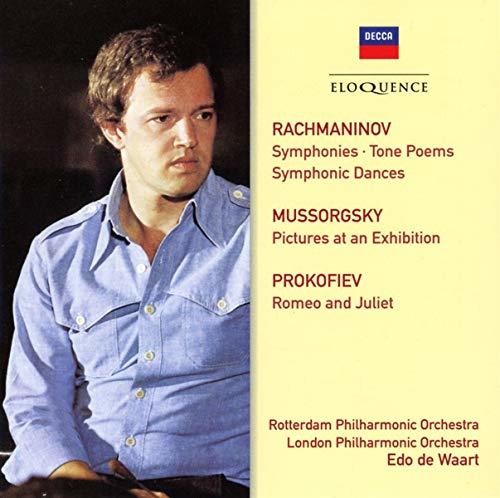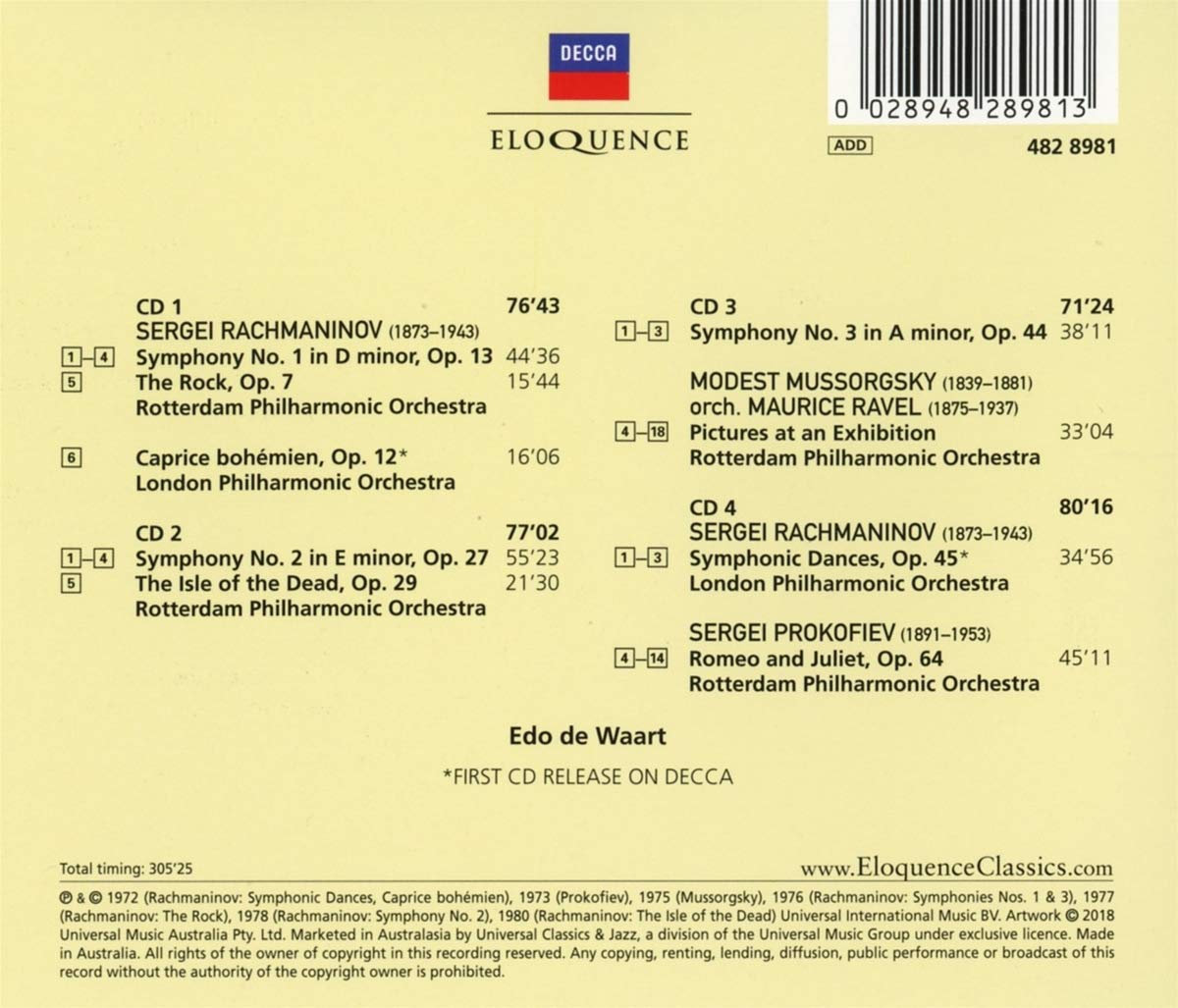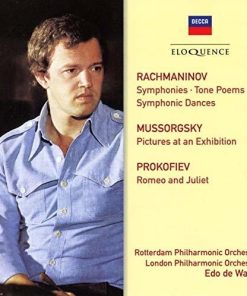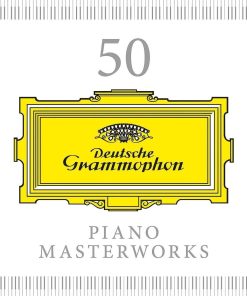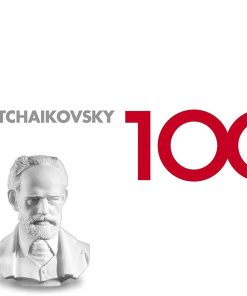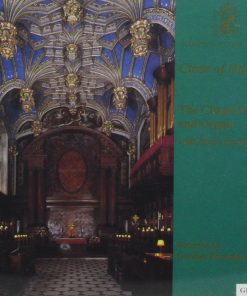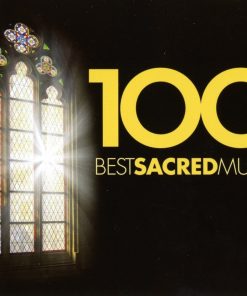RACHMANINOV – MUSSORGSKY – PROKOFIEV: ORCHESTRAL WORKS – EDO DE WAART; ROTTERDAM PHILHARMONIC; LONDON PHILHARMONIC (4 CDS) DECCA
$ 32,99 $ 19,79

A newly compiled, generous, 4CD collection of high-octane Russian orchestral masterpieces, celebrating the hundredth anniversary of the Rotterdam Philharmonic Orchestra and the firebrand musicianship of Dutch maestro Edo de Waart.
‘In my profession,’ remarked Edo de Waart in a 1990 interview, ‘you need the affrontery to believe you have an alternative with something to say that isn’t already being said. Without this sort of gall 95 per cent of us should quit.’
His intensely practical and dynamic approach was formed by experience as an orchestral oboist, taught by the principal oboe of the Concertgebouw Orchestra in the days of Willem Mengelberg, nurtured by seeing Eduard van Beinum in action and further encouraged by Bernard Haitink: de Waart has the history of the Concertgebouw running through his veins. ‘I think people regarded me as a second Mengelberg and I was very sure that I wasn’t.’ However, it was as chief of the rival Rotterdam Philharmonic that the conductor made his mark, in a series of recordings for Philips that played to his strengths in Romantic repertoire.
The conductor had earlier confessed to an initial reluctance to engage with the idiom of Rachmaninov. ‘Then I conducted the [Symphonic Dances] in Rotterdam several times and suddenly I became very fond of it. I think his music grows on you as you get rid of the “honey and roses” view of him that you first learn. You must play him as strongly as the Russians used to do.’ In fact, he recorded the Symphonic Dances with the London Philharmonic in 1972 and in the following year he made his debut LP in Rotterdam with a personal, LP-length selection of excerpts from Prokofiev’s ballet, Romeo and Juliet. There followed, in December 1974, the Mussorgsky Pictures and then these powerfully built, authentically volatile accounts of the Rachmaninov symphonies between 1976 and 1978: recordings that made de Waart’s reputation and still stand up well to the competition today.

‘The Philips engineers, working in the Rotterdam orchestra’s fine de Doelen hall, have gone out of their way to provide sound that is not just spectacular but wonderfully weighted and rounded.’ Gramophone (Mussorgsky)
‘De Waart’s lithe, compact reading dovetails with Ormandy’s compelling Columbia of 1967 … The Rotterdam players […] play with razor-sharp precision and gleaming, transparent tone, imparting an unexpected freshness and minimizing the grandiosity.’ Fanfare (Symphony No.1)
‘Edo de Waart’s reading is attractively volatile, bringing out the music’s freshness. With generally fast tempi the effect is emotionally lightweight, although the slow movement is very beautiful and the refined orchestral playing is naturally expressive throughout. The recording is full and well balanced.’ Penguin Guide to Records (Symphony No.2)


CD 1
SERGEI RACHMANINOV
Symphony No. 1 in D minor, Op. 13
The Rock, Op. 7
Rotterdam Philharmonic Orchestra
Caprice Bohémien, Op. 12*
London Philharmonic Orchestra
CD 2
Symphony No. 2 in E minor, Op. 27
The Isle of the Dead, Op. 29
Rotterdam Philharmonic Orchestra
CD 3
Symphony No. 3 in A minor, Op. 44
MODEST MUSSORGSKY (orch. MAURICE RAVEL)
Pictures at an Exhibition
Rotterdam Philharmonic Orchestra
CD 4
SERGEI RACHMANINOV
Symphonic Dances, Op. 45*
London Philharmonic Orchestra
SERGEI PROKOFIEV
Romeo and Juliet, Op. 64
Rotterdam Philharmonic Orchestra
Edo de Waart
*FIRST CD RELEASE ON DECCA
Fast Shipping and Professional Packing
Due to our longstanding partnership with UPS FedEx DHL and other leading international carriers, we are able to provide a range of shipping options. Our warehouse staff are highly trained to pack your goods exactly according to the specifications that we supply. Your goods will undergo a thorough examination and will be safely packaged prior to being sent out. Everyday we deliver hundreds of packages to our customers from all over the world. This is an indication of our dedication to being the largest online retailer worldwide. Warehouses and distribution centers can be located in Europe as well as the USA.
Orders with more than 1 item are assigned processing periods for each item.
Before shipment, all ordered products will be thoroughly inspected. Today, most orders will be shipped within 48 hours. The estimated delivery time is between 3-7 days.
Returns
The stock is constantly changing. It's not entirely managed by us since we are involved with multiple parties such as the factory and our storage. The actual stock can fluctuate at any time. Please understand it may happen that your order will be out of stock when the order is placed.
Our policy is valid for 30 days. If you haven't received your product within 30 days, we're not able to issue either a return or exchange.
You are able to return a product if it is unused and in the same condition when you received it. It must also still remain in the original packaging.
